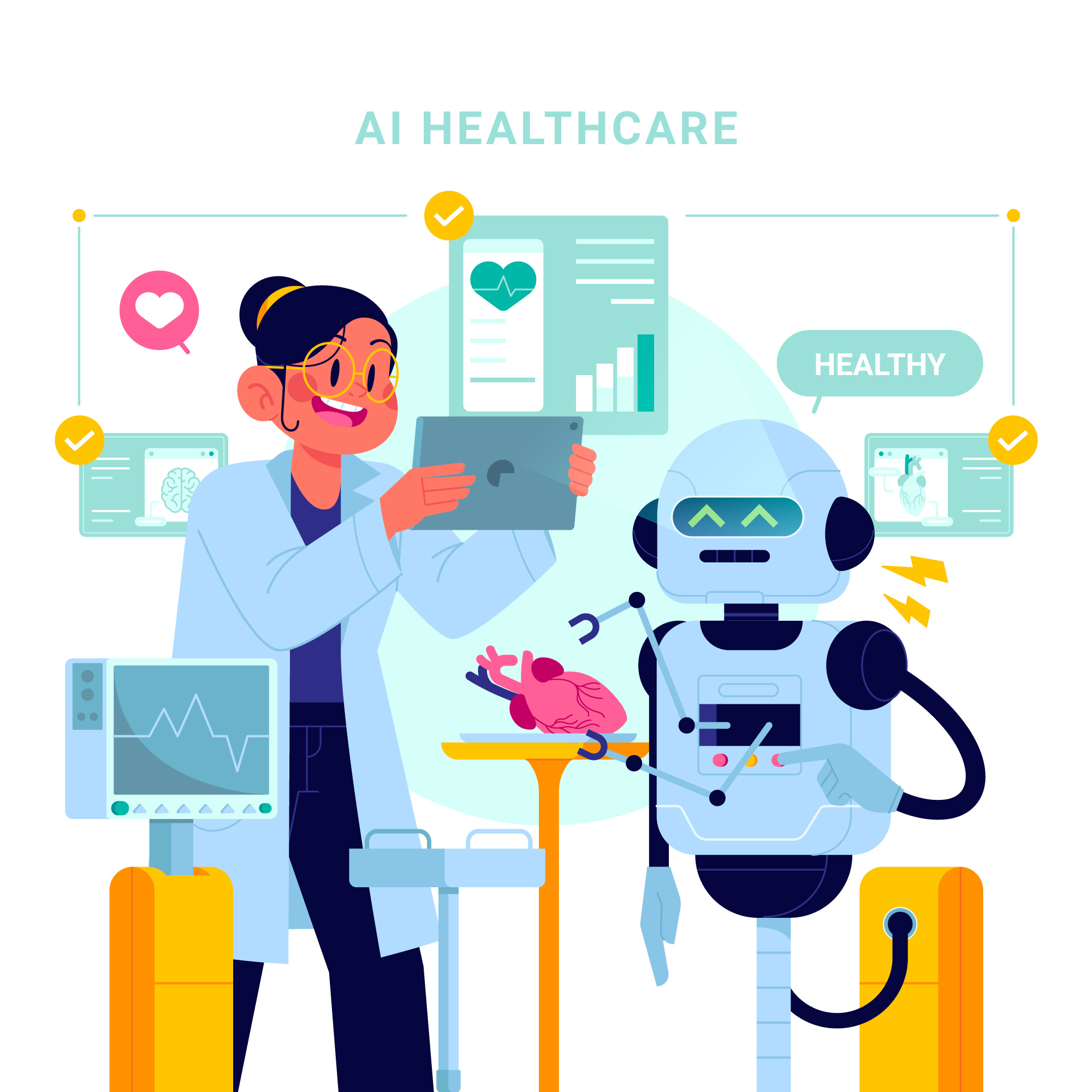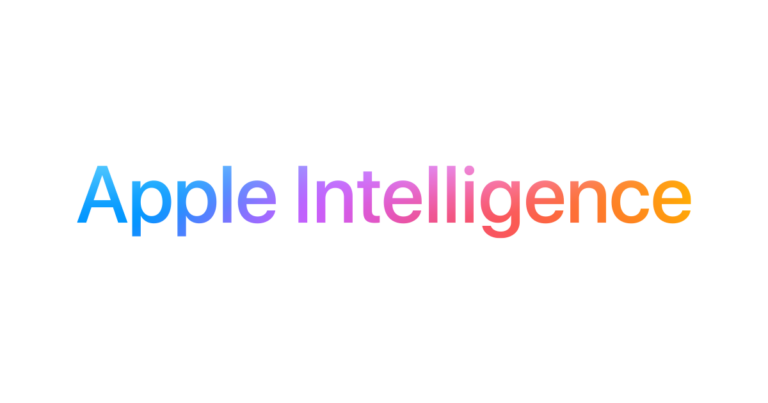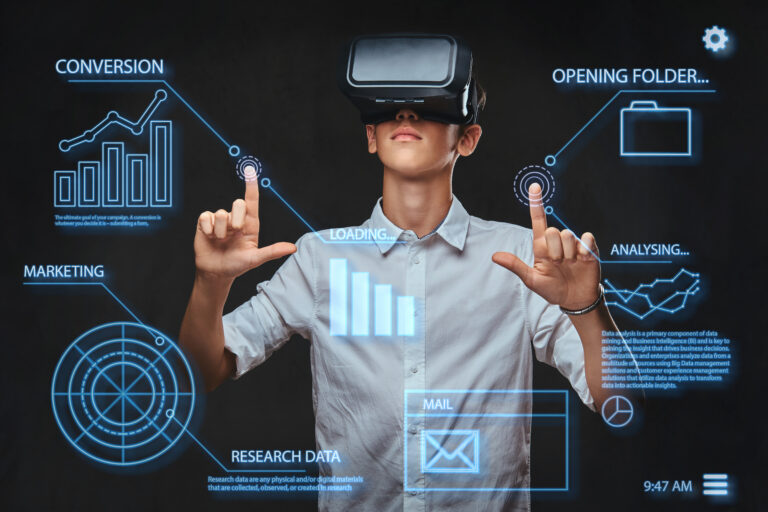How AI is Changing the Face of Medicine
Artificial Intelligence (AI) is revolutionizing the field of medicine, transforming healthcare delivery, diagnosis, treatment, and patient outcomes. From enhancing medical imaging to accelerating drug discovery, AI is reshaping every aspect of healthcare. Let’s explore how AI is changing the face of medicine and what it means for patients and healthcare professionals.
AI-Powered Medical Imaging
AI is improving medical imaging technologies, providing faster and more accurate diagnosis of diseases.
Radiology and Pathology
AI algorithms analyze medical images, such as X-rays, MRIs, and CT scans, to detect abnormalities and assist radiologists and pathologists in diagnosing conditions like cancer, fractures, and neurological disorders. Platforms like Aidoc and PathAI use deep learning models to highlight anomalies, prioritize urgent cases, and improve diagnostic accuracy, leading to earlier detection and treatment.
Image Enhancement and Reconstruction
AI enhances medical images by reducing noise, improving resolution, and reconstructing 3D models from 2D scans. Techniques like deep learning-based super-resolution and image fusion enable clearer visualization of tissues and organs, aiding in surgical planning and intraoperative guidance. Companies like Zebra Medical Vision and Subtle Medical develop AI-driven solutions that enhance diagnostic capabilities and streamline clinical workflows.
Personalized Medicine and Treatment
AI enables personalized medicine by analyzing patient data to tailor treatments and predict outcomes.
Genomics and Precision Oncology
AI algorithms analyze genomic data to identify genetic mutations and predict individual responses to cancer treatments. Precision oncology platforms, such as Foundation Medicine and Tempus, use AI to match patients with targeted therapies and clinical trials based on their molecular profiles. This personalized approach improves treatment efficacy, reduces side effects, and enhances patient survival rates.
Drug Discovery and Development
AI accelerates drug discovery by screening vast libraries of compounds, predicting drug interactions, and identifying potential therapies for complex diseases. AI-driven platforms like Insilico Medicine and BenevolentAI leverage machine learning models to design novel drug candidates and optimize pharmaceutical research processes. By automating data analysis and hypothesis generation, AI streamlines drug development timelines and reduces costs associated with bringing new treatments to market.
Virtual Health Assistants and Telemedicine
AI-powered virtual health assistants and telemedicine platforms enhance access to healthcare services and improve patient engagement.
Chatbots and Virtual Nurses
AI-driven chatbots and virtual nurses, such as Babylon Health and Florence, provide personalized health advice, medication reminders, and symptom assessments. These virtual assistants triage patients, offer medical information, and facilitate remote consultations, enhancing healthcare accessibility and reducing administrative burdens on healthcare providers.
Remote Monitoring and Telehealth
Telemedicine platforms use AI to monitor patients’ vital signs, detect health trends, and remotely manage chronic conditions. Devices like wearable sensors and smartphone apps transmit real-time data to healthcare providers, enabling proactive interventions and personalized care plans. Companies like Biofourmis and Doximity leverage AI to improve remote patient monitoring and telehealth services, expanding healthcare access beyond traditional clinical settings.
Healthcare Operational Efficiency
AI enhances healthcare operational efficiency by optimizing workflows, automating administrative tasks, and improving resource allocation.
Predictive Analytics and Hospital Management
AI-powered predictive analytics forecast patient admissions, optimize bed utilization, and allocate resources effectively in hospitals. Platforms like Qventus and KenSci analyze clinical data to identify high-risk patients, reduce wait times, and enhance operational decision-making. By predicting patient outcomes and resource demands, AI enables hospitals to streamline workflows and deliver timely, cost-effective care.
Electronic Health Records (EHRs) and Clinical Documentation
AI automates clinical documentation, coding, and EHR management, improving accuracy and reducing physician burnout. Natural language processing (NLP) tools, such as Nuance and Cerner, extract insights from unstructured medical data, generate reports, and support clinical decision-making. AI-driven EHR systems enhance data interoperability, patient privacy, and regulatory compliance, facilitating seamless information exchange across healthcare networks.
Ethical Considerations and Future Directions
As AI continues to transform medicine, ethical considerations regarding patient privacy, algorithm bias, and regulatory oversight remain paramount. Collaborative efforts among healthcare professionals, researchers, policymakers, and technology developers are essential to ensure responsible AI deployment and mitigate potential risks.
Conclusion
AI is revolutionizing medicine by enhancing medical imaging, enabling personalized treatment strategies, improving healthcare accessibility through virtual health assistants and telemedicine, optimizing operational efficiency, and accelerating drug discovery. By harnessing the power of AI-driven technologies, healthcare providers can deliver more precise diagnoses, individualized therapies, and patient-centered care experiences.
As AI evolves and integrates further into healthcare systems, it holds the potential to reshape medical practices, improve patient outcomes, and ultimately, transform the face of medicine. Embracing AI innovations promises to usher in a new era of healthcare that is smarter, more efficient, and more compassionate—benefitting patients, healthcare professionals, and society as a whole.






